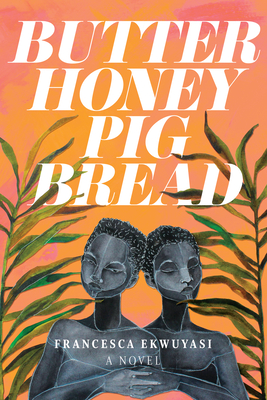
Butter Honey Pig Bread by Francesca Ekwuyasi

Breasts and Eggs by Mieko Kawakami

God’s Children Are Little Broken Things: Stories by Arinze Ifeakandu
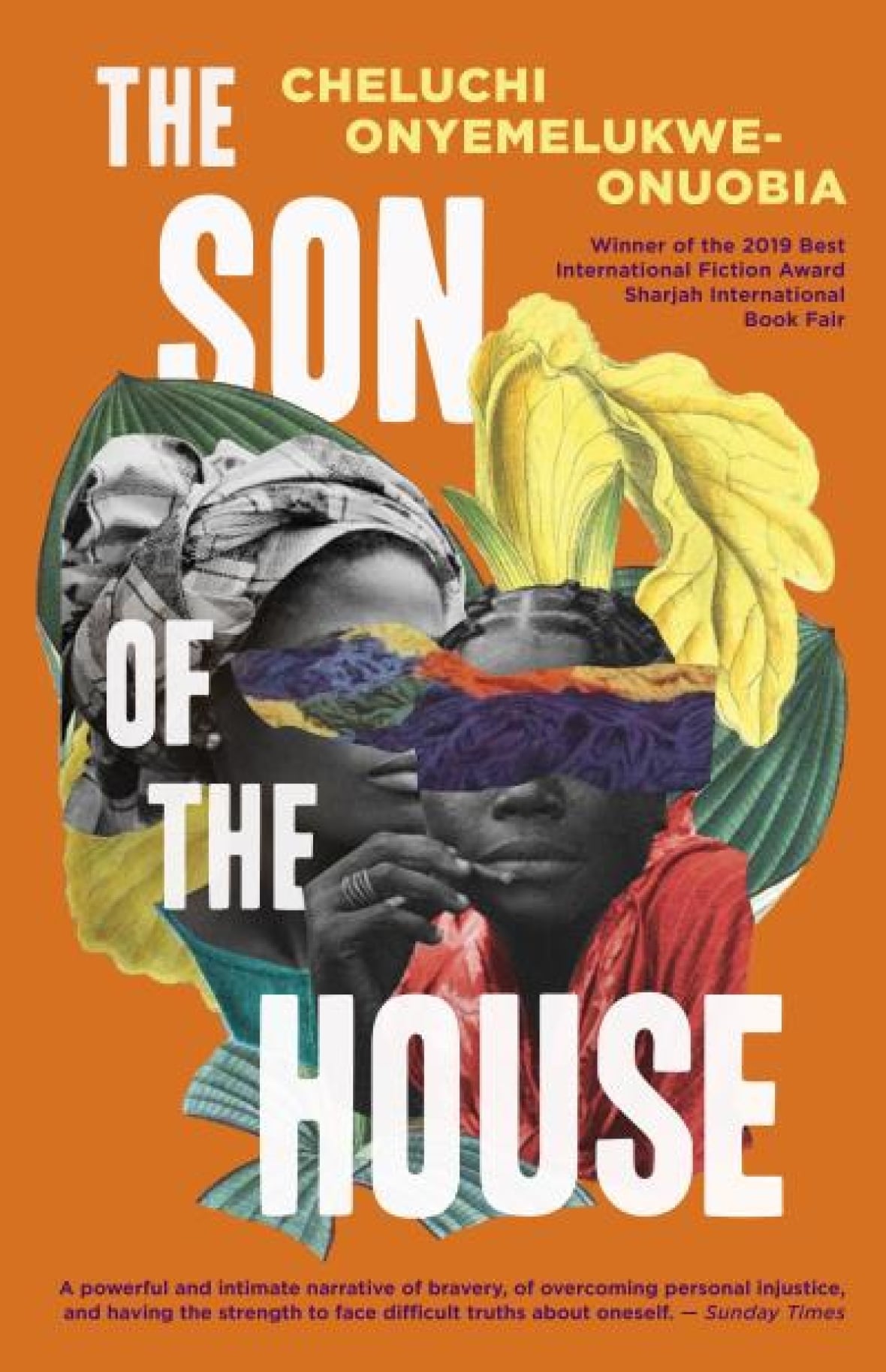
The Son of the House by Cheluchi Onyemelukewe-Onuobia
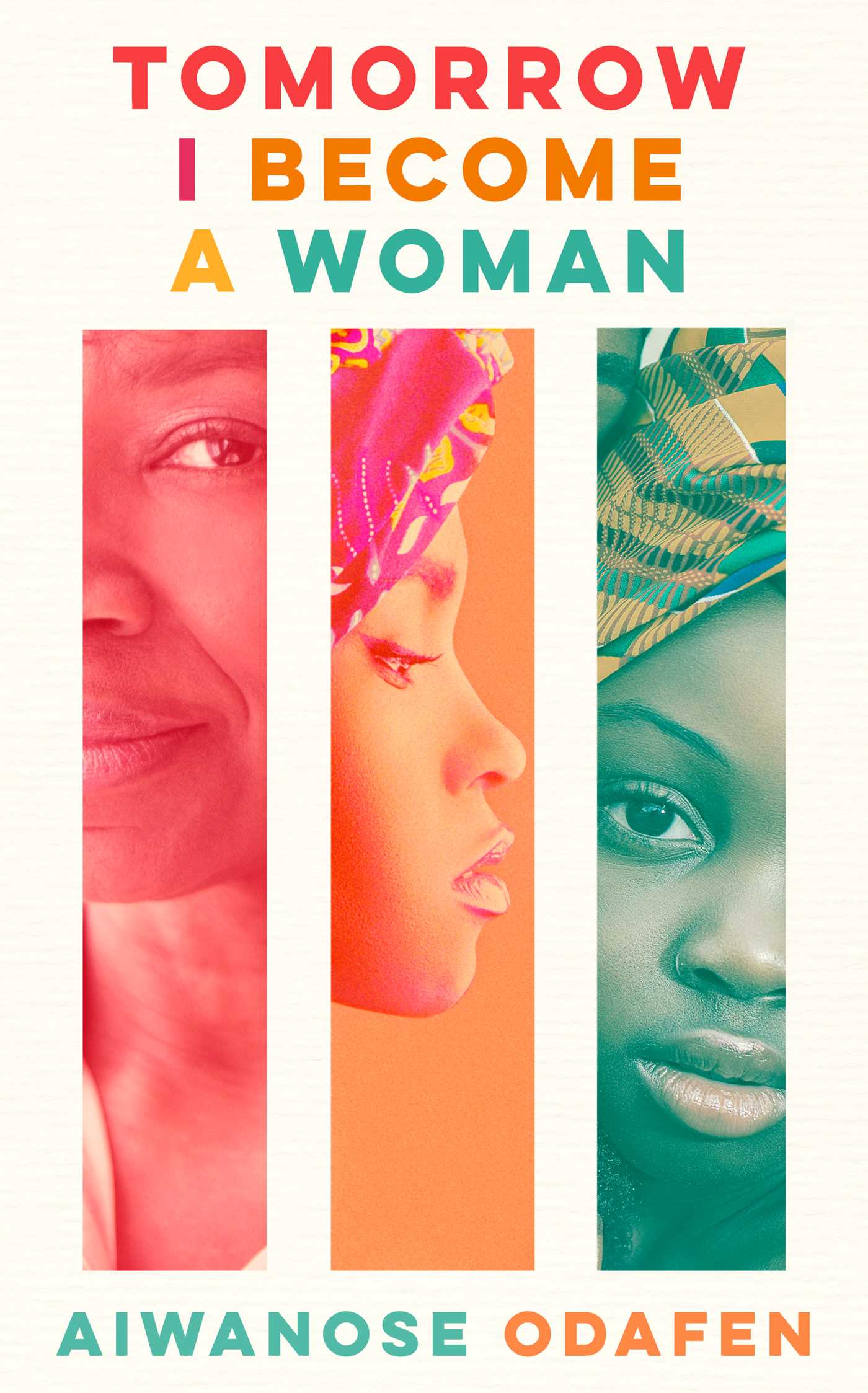
Tomorrow I Become a Woman by Aiwanose Odafen

Tsoo Boi: An Anthology of Protests
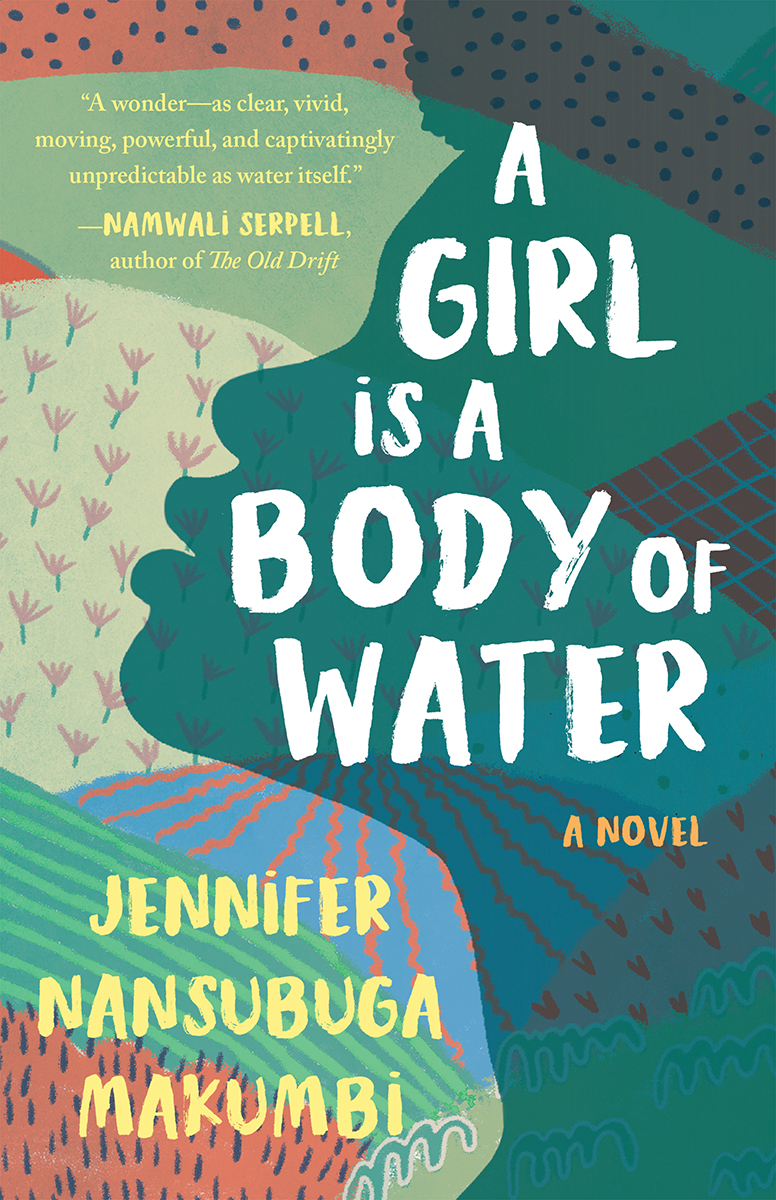
A Girl Is a Body of Water by Jennifer Nansubuga Makumbi
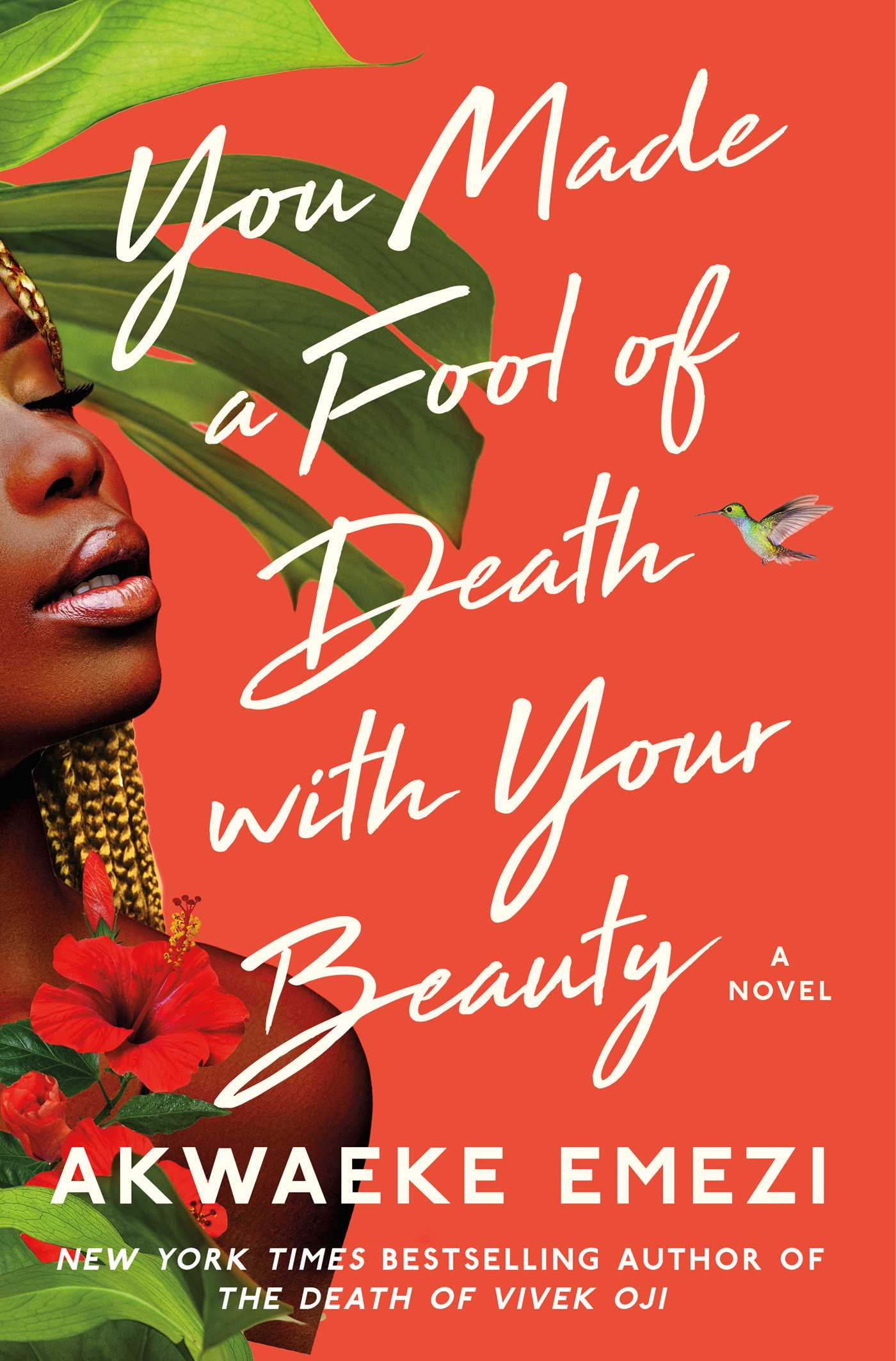
You Made a Fool of Death with Your Beauty by Akwaeke Emezi

An Emotion of Great Delight by Tahereh Mafi

The Secret Lives of Baba Segi’s Wives by Lola Shoneyin

Lagos to London by Lola Aworanti-Ekugo
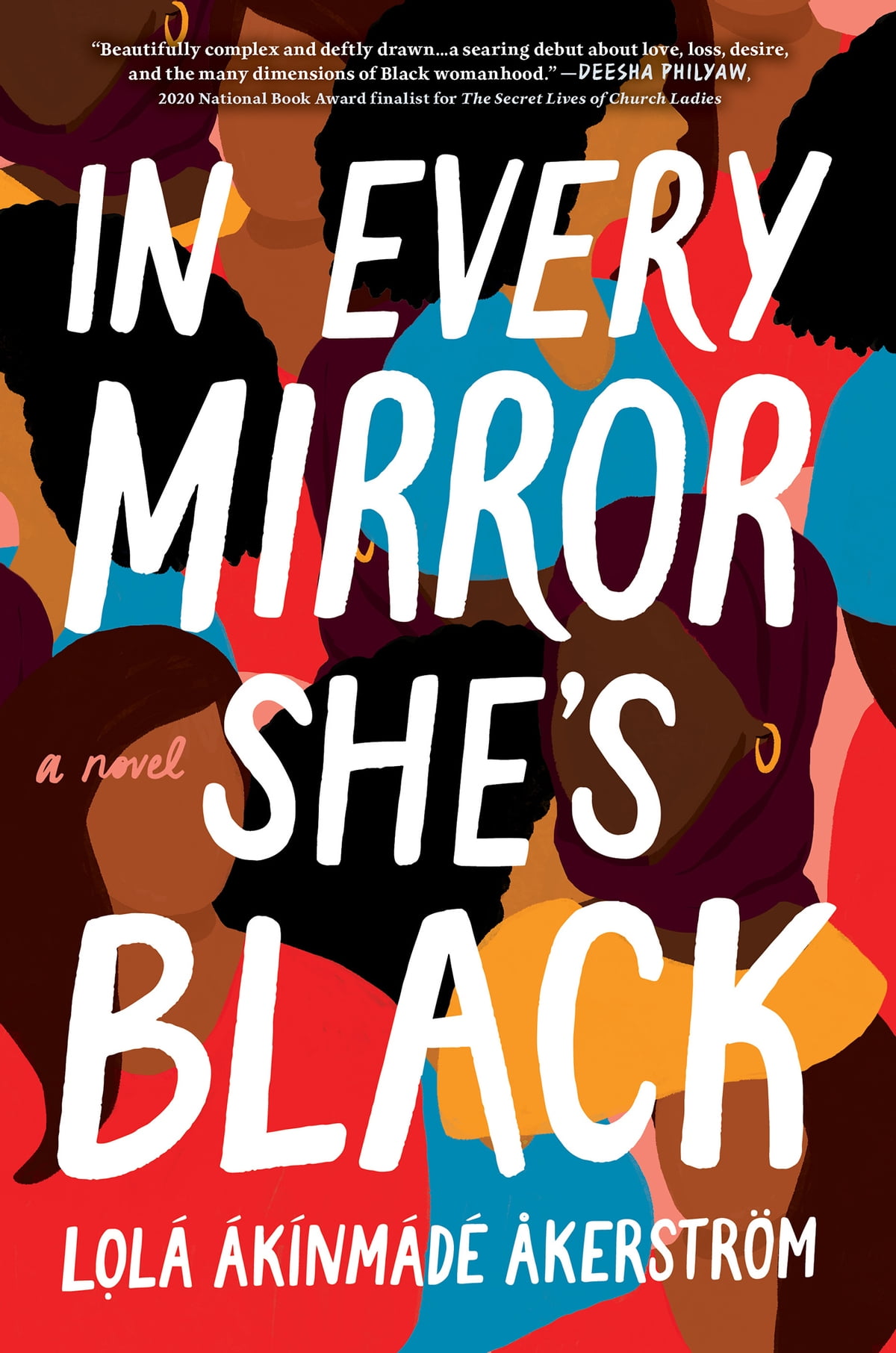
In Every Mirror She’s Black by Lola Akinmade Åkerström